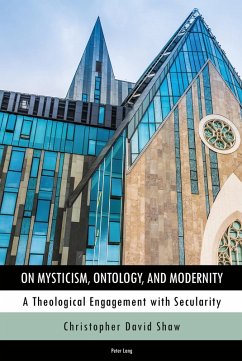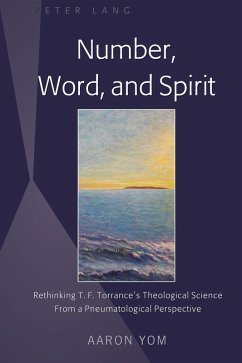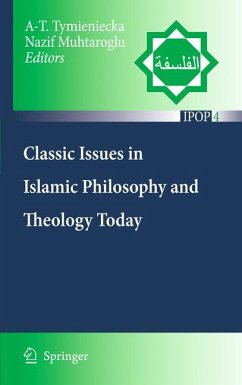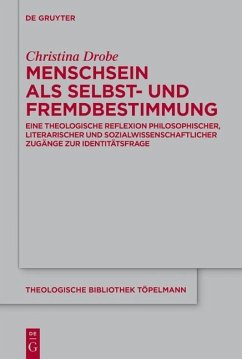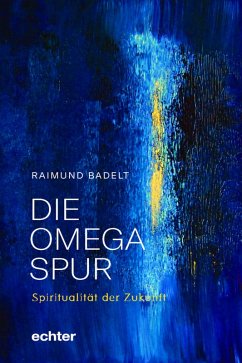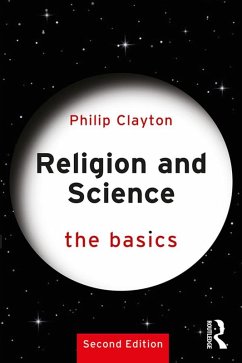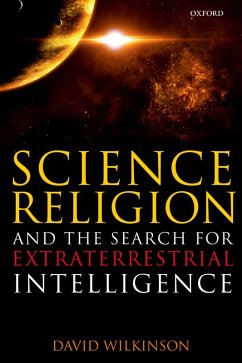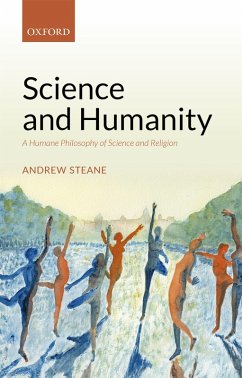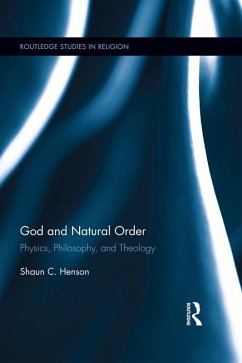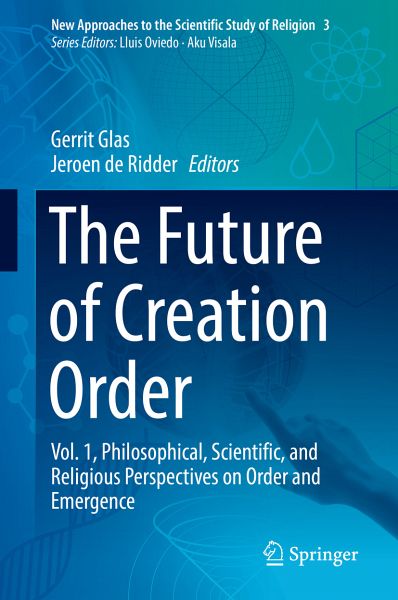
The Future of Creation Order (eBook, PDF)
Vol. 1, Philosophical, Scientific, and Religious Perspectives on Order and Emergence
Redaktion: Glas, Gerrit; de Ridder, Jeroen
Versandkostenfrei!
Sofort per Download lieferbar
64,95 €
inkl. MwSt.
Weitere Ausgaben:

PAYBACK Punkte
32 °P sammeln!
Is the first work in 25 years to deal specifically with the concept of creation order
Brings together philosophers, theologians, physicists, biologists, and social scientists
Explicitly discusses the relation of all contributions to reformational philosophy
Dieser Download kann aus rechtlichen Gründen nur mit Rechnungsadresse in A, B, BG, CY, CZ, D, DK, EW, E, FIN, F, GR, HR, H, IRL, I, LT, L, LR, M, NL, PL, P, R, S, SLO, SK ausgeliefert werden.



